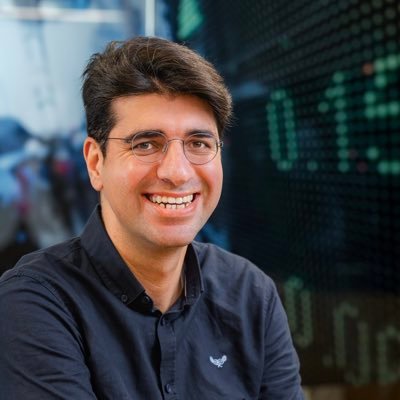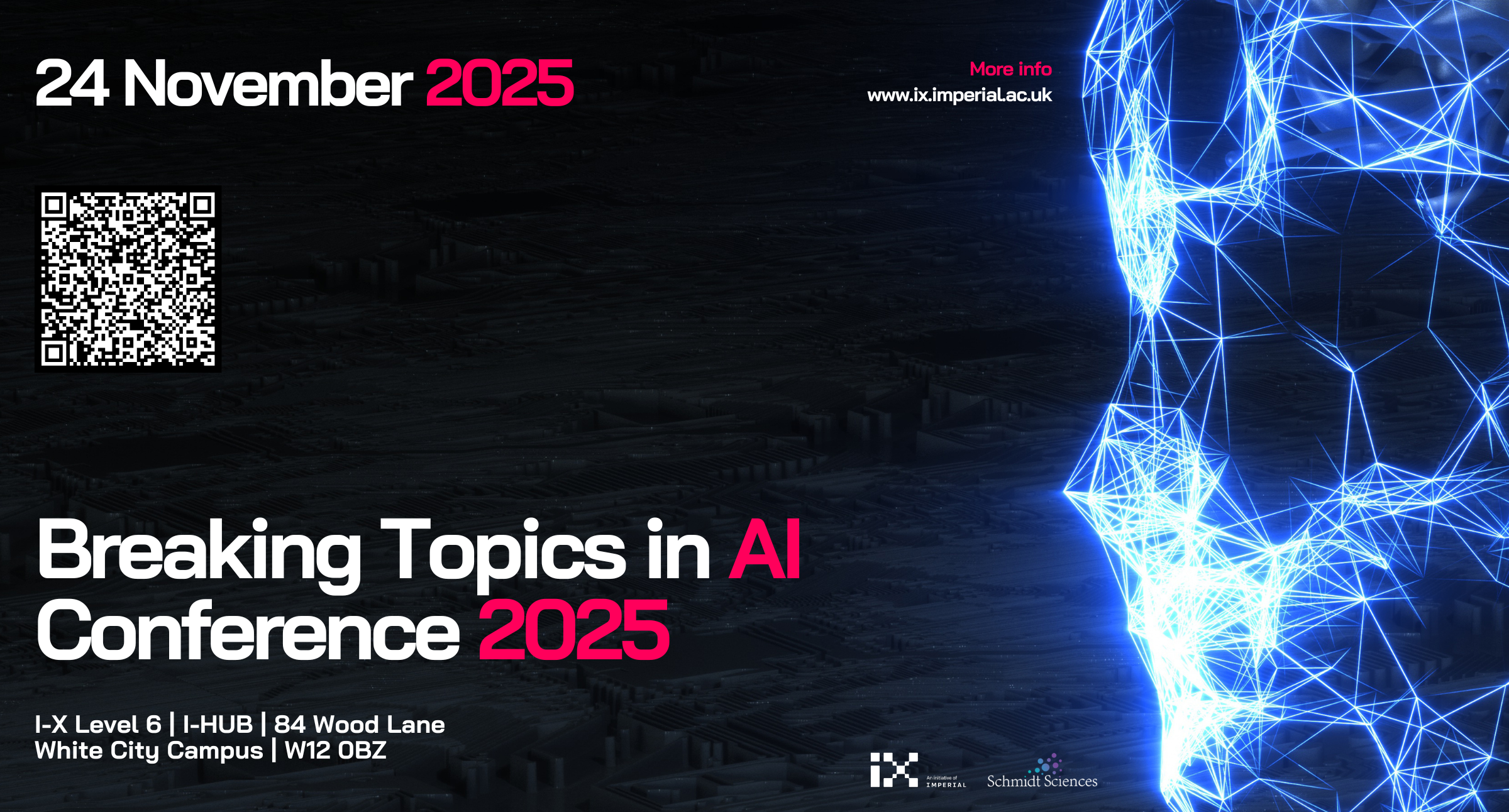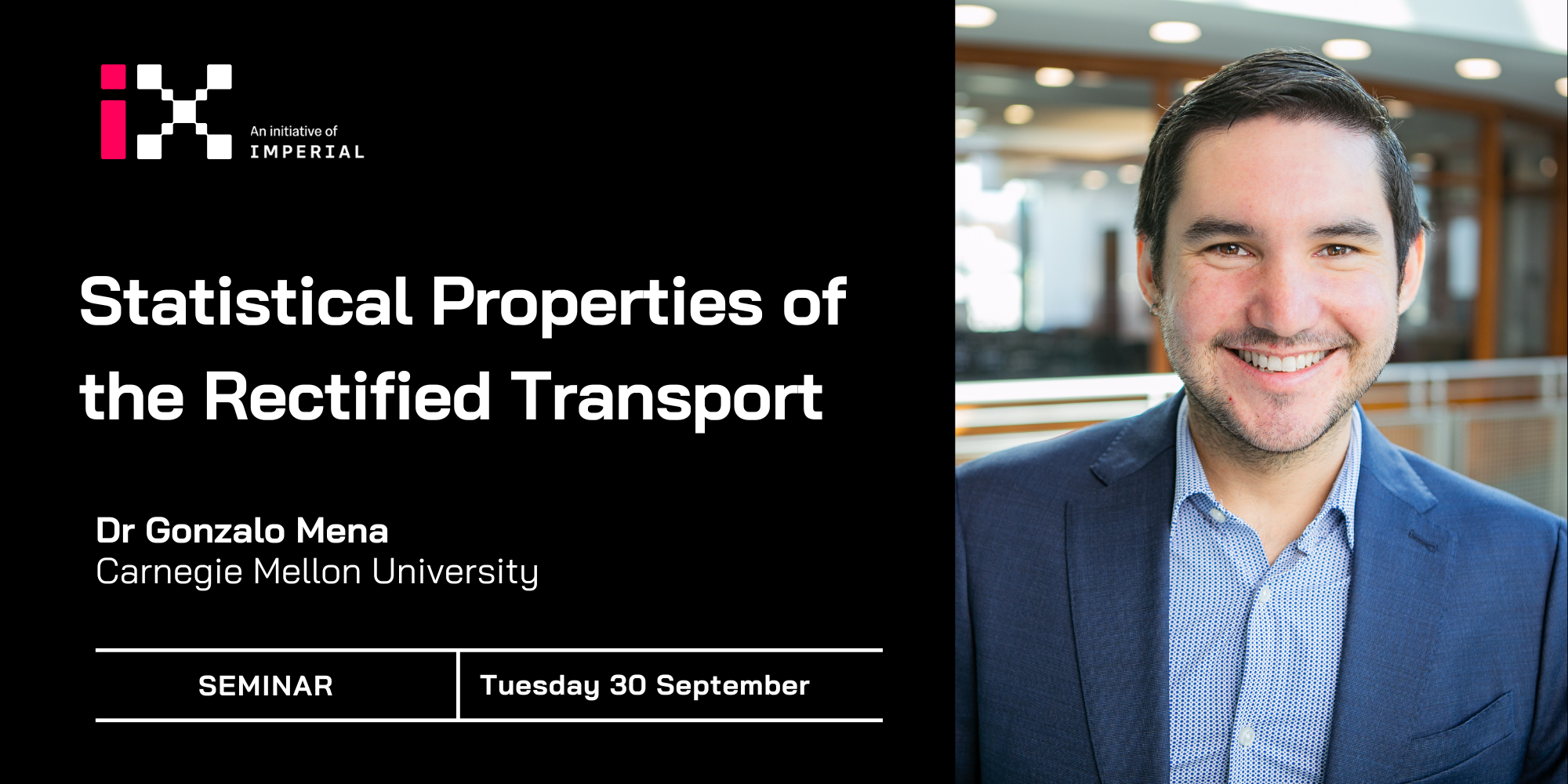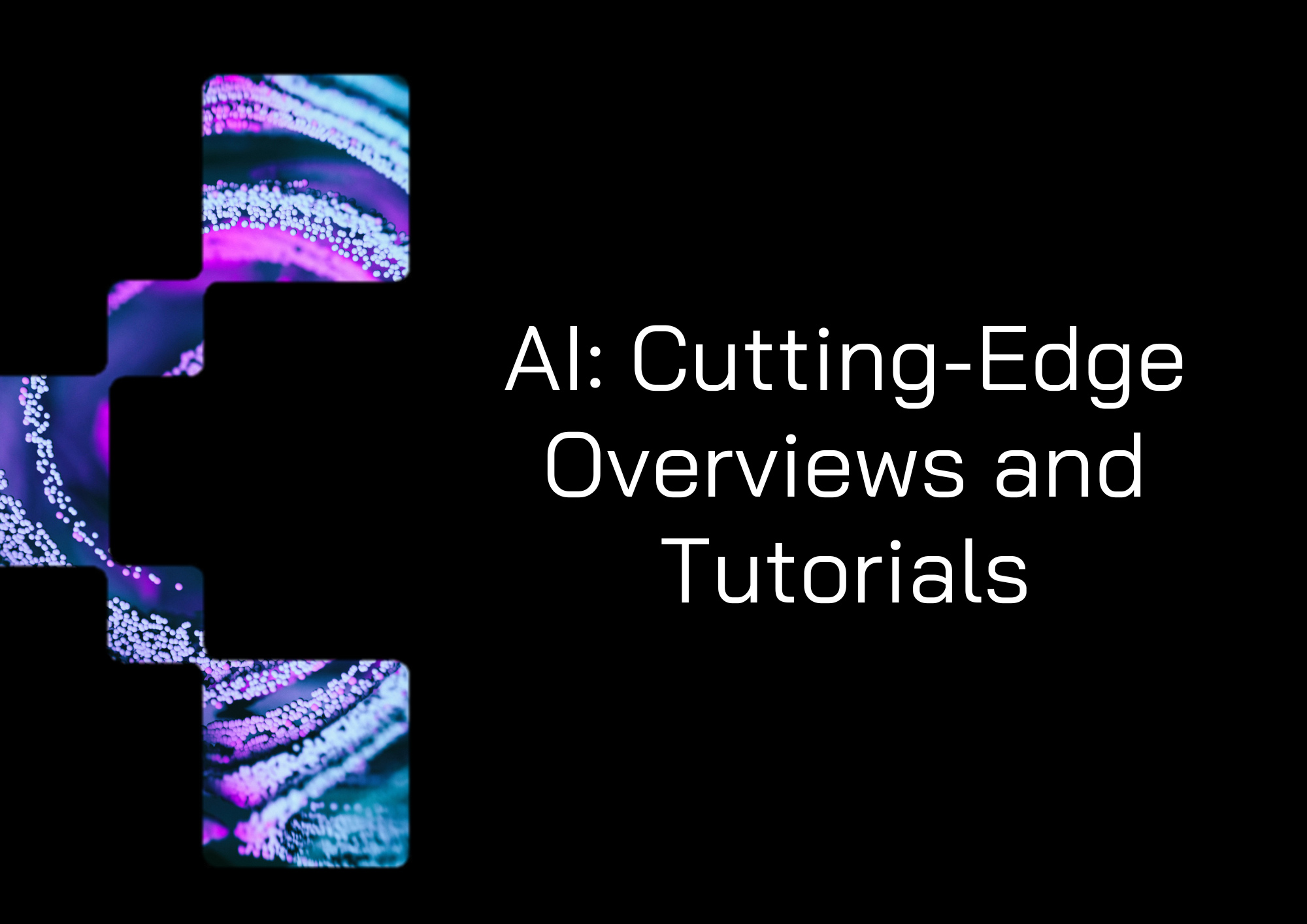Mohammad Malekzadeh
Mohammad Malekzadeh is a Senior Research Scientist and Tech Lead at Nokia Bell Labs in Cambridge, UK. His team develops machine learning solutions for personal data, prioritizing multi-modality, data efficiency, individual privacy, and personalization. Previously, he was a Research Associate at Imperial College London, collaborating with Prof. Deniz Gunduz on Privacy-Preserving and Trustworthy Machine Learning. He earned his PhD in Computer Science at Queen Mary University of London while concurrently holding a Research Assistant position at Imperial College London, working with Prof. Hamed Haddadi, Dr. Richard G. Clegg, and Prof. Andrea Cavallaro. His PhD research focused on developing machine learning algorithms for privacy-preserving personal data analytics, particularly for data captured by mobile and wearable devices. Mohammad has published more than 20 papers in peer-reviewed conferences and journals and has filed several patents, all focusing on ubiquitous computing, data-centric machine learning, on-device machine learning, data privacy, and federated learning.



